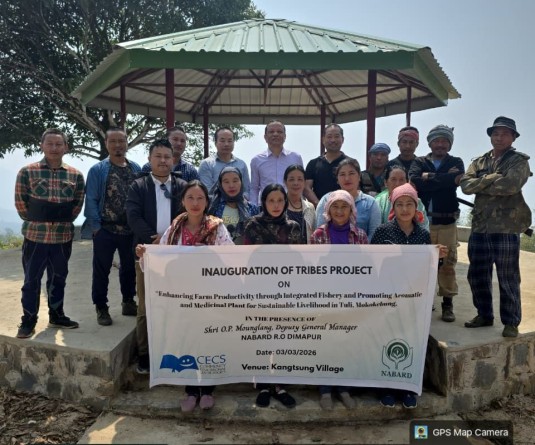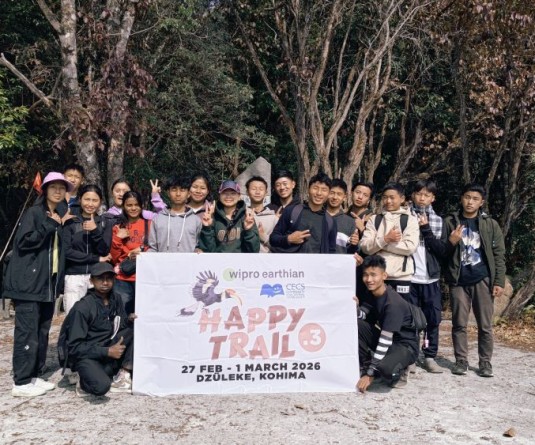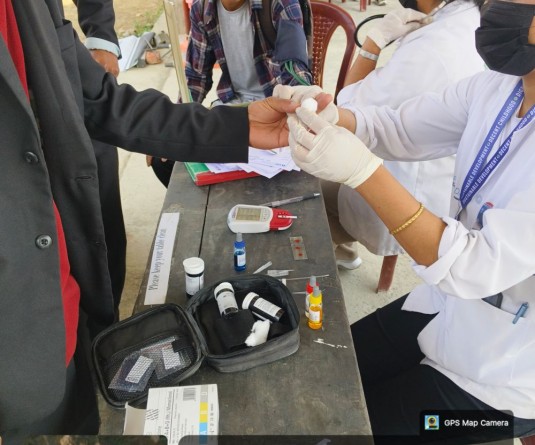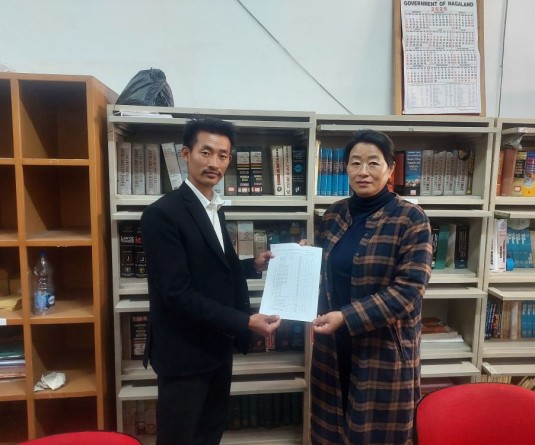
DIMAPUR, JUNE 22 (MExN): Leader of NPF Legislature Party, Kuzholuzo (Azo) Nienu today stated that there are two important issues surrounding the proposed Uniform Civil Code – “rights and equality of citizens on the one hand and on the other, national integration.”
While acknowledging that these are important, Azo however sated that any attempt to force it on the diverse communities across the country is futile and counterproductive. “I say it as a statesman and legislator. It is a direct threat, for instance, to the fabric of a communitarian tribal ethos and values,” he stated.
“To impose it on us is to dismiss our culture as primitive, uncivilized and inhuman and question our ability to find a solution from within to address human problems including rights and equality and to contribute to nation building at large,” the NPF leader stressed.
Further he stated that to impose UCC is to go against the basic norms and presuppositions that have gone into the making of the Indian Constitution itself – diversity, unity, federalism, secularism, etc. It ignores the rich and complex historical background of the nation against which the constitution was written, he added.
Azo said that imposing UCC is “betraying the hope and trust of the minorities, especially the tribal communities, for whom constitutional provisions, like article 371(A) or Sixth Schedule, have been provided to protect and promote our customs, values and practices, things which have given us a sense of identity, worth, belongingness and purpose.”
He added that one must not dishonor the existing constitutional guarantees through which modern India was built. “The spirit of Indian nationalism or national integration cannot be achieved by questioning and insulting the wisdom and heritage of the minorities. In reality, it is the issues and questions of personal matters that constitute the heart and soul of modern democracy and liberty, for instance, religious freedom,” Azo said.
Instead of trying to override matters that come under personal law, he urged lawmakers to instead provide platform for diverse communities to showcase their cultural heritage and wisdom so that genuine interaction and cross-cultural learning become possible.
“Such an initiative will forge greater understanding among diverse communities across the nation. It will also inculcate a sense of respect, peace and unity which are fundamental for building a strong Indian state,” he stated.
Azo further noted that the idea of LADF (MLAs) and LADS (MPs) of the country has its origin in the tribal wisdom of the Nagas. “Even the concept of communitization of basic institutions like health and education that has merited national and international recognitions comes from the communitarian ethos of the tribal Nagas – the care of one and all and not to leave anyone out in the pursuit of the good,” he pointed out.
Till an appropriate time comes by, he endorsed the suggestion of the 21st Law Commission who observed that “in the absence of any consensus on a uniform civil code, the Commission felt that the best way forward may be to preserve the diversity of personal laws but at the same time ensure that personal laws do not contradict fundamental rights guaranteed under the Constitution of India.”
The Commission had stated that “in order to achieve this, it is desirable that all personal laws relating to matters of family must first be codified to the greatest extent possible, and the inequalities that have crept into codified law should be remedied by amendment.”
In this view, Azo said that India must trust the diverse communities to find wisdom to address issues of human rights from within instead of coercing them from above. “It is high time we do away with elements of hegemony and imperialism that only sow seeds of division and distrust,” he appealed.
The NPF leader expressed his “vehement” opposition to any threat, be it modern western individualistic or Indian majoritarian values and ethos, “which are not only incompatible but also pose a threat to our tribal communitarian ethos and values.”






